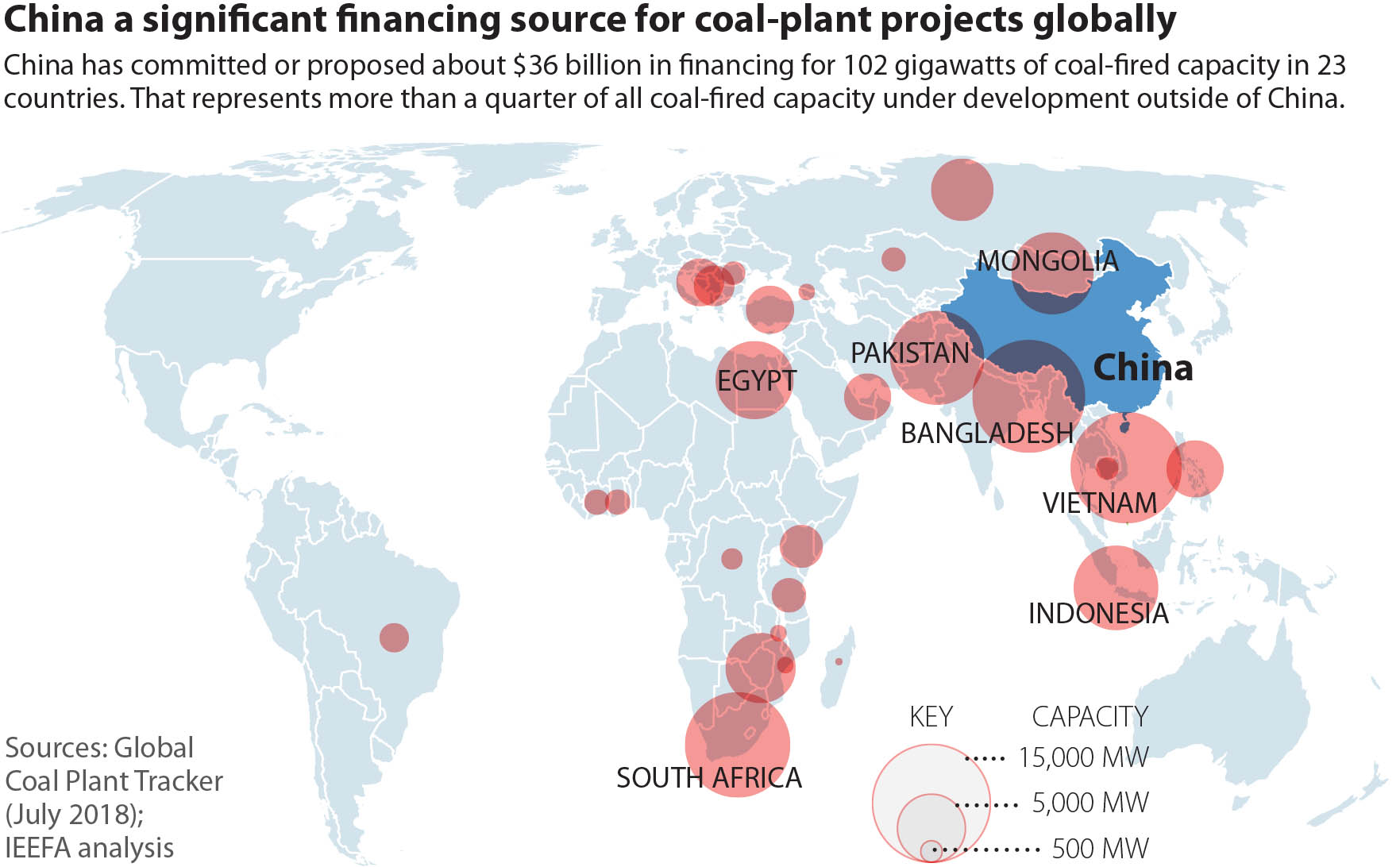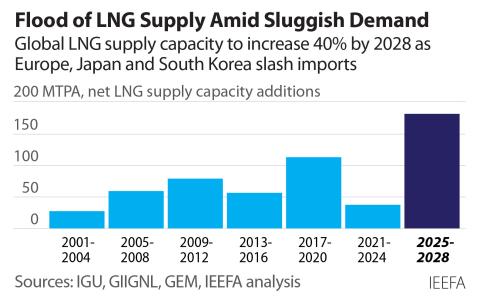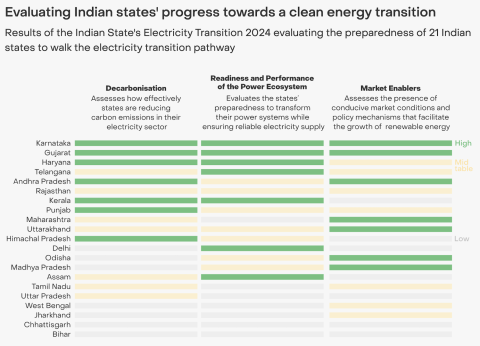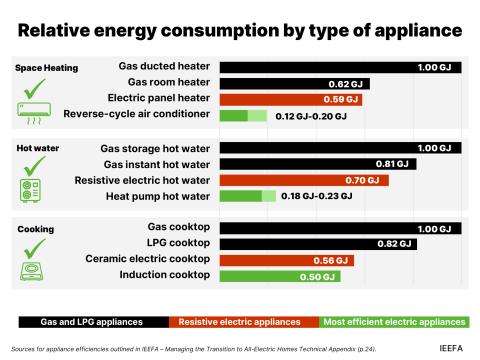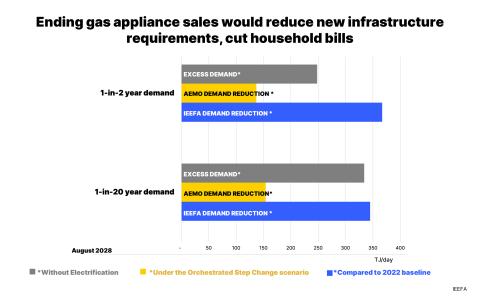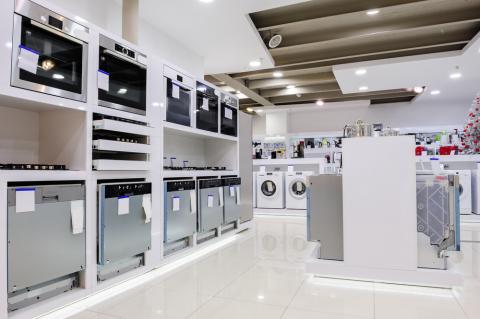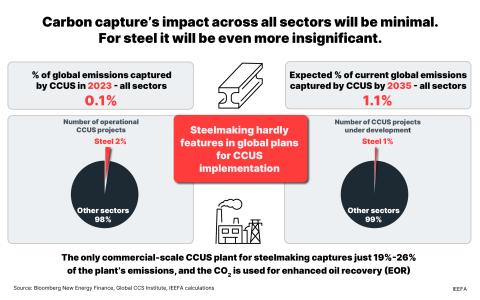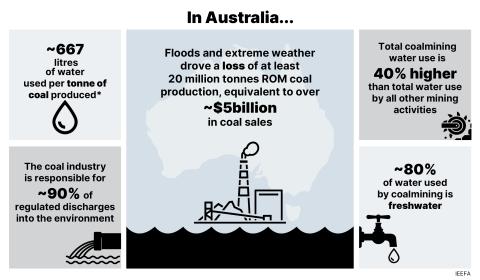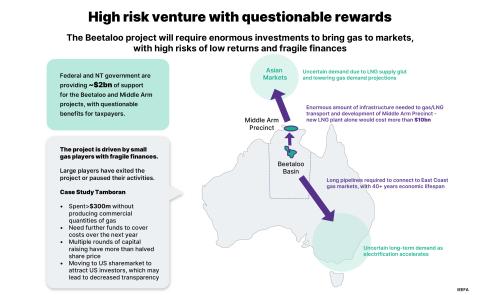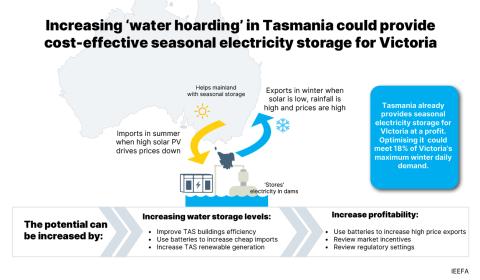IEEFA China: Lender of last resort for coal plants

January 22, 2019 (IEEFA Hong Kong): While financial institutions around the world are moving away from coal to limit exposure to increasing stranded asset risks, a new report by the Institute for Energy Economics and Financial Analysis finds global renewable energy champion China is simultaneously funding over one-quarter of coal plants currently under development outside the country.
The report, “China at a Crossroads: Continued Support for Coal Power Erodes China’s Clean Energy Leadership” examines China’s expensive subsidisation of largely imported coal plant investments across 27 countries, all while overtaking the U.S. and Germany in becoming the number one exporter of cheaper greener environmental goods and services.
Report co-author Melissa Brown, IEEFA Energy Finance Consultant, says funding coal plant projects leaves China and the 27 countries reliant on Chinese coal financing increasingly exposed to bad economic outcomes as nations move away from coal.
“The International Energy Agency’s most conservative modelling forecasts declining global coal trade post 2018 for good reason. Coal power locks importing countries into years of uncertainty about power prices as coal prices gyrate. By contrast, renewables are benefitting from huge technology improvements and have a deflationary impact on power prices,” Brown said.
“Many private global financial leaders, including most multilateral development banks, have come to see thermal coal as a poor investment with growing stranded asset risks. The World Bank, Standard Chartered UK, Generali of Italy, and Nippon Life of Japan have all turned their back on coal power for solid financial reasons.
“China is making great progress towards becoming a world leader in renewable clean energy at home, but outdated logic about power system design continues to dominate China’s overseas finance habits. China’s leading financial institutions lag their global peers in formally limiting investment in coal plants in international markets, imposing stranded asset risks on countries that will struggle to adapt as coal power becomes obsolete.”
The IEEFA report finds that Chinese financial institutions—both the development finance institutions and state-controlled banks—have committed or offered funding for over one-quarter (102 gigawatts GW) of the 399GW of coal plants currently under development outside China, including investment in export coal mines, coal-fired power plants, and the associated rail and port infrastructure.
Bangladesh has the most proposed coal-fired capacity and funding from China, totalling over US$7 billion for 14GW of capacity, followed by Vietnam, South Africa, Pakistan and Indonesia.
“These countries and more are instilling both a long-term dependence on volatile fossil fuel imports, and a dependence on China through coal plant joint ownership and/or strategic arrangements plus excessive foreign financial leverage, precisely at the time when prices for solar, wind, and energy efficiency costs are falling below imported coal power,” co-author Christine Shearer said.
The report finds that most coal funding outside China is being provided by public Chinese banks that back Chinese state-owned enterprises to build the plants with a largely Chinese workforce.
“Those countries accepting Chinese coal finance are getting a bad deal from Chinese public institutional lenders as the total costs are prohibitive when compared to investment in deflationary renewable energy alternatives,” Shearer said.
“With the majority of the planned Chinese coal projects yet to reach financial close in a number of countries, there is the possibility that the deals could fall through or be cancelled. Countries where Chinese finance is yet to be committed should re-focus their energy markets on investment in the grid improvements needed to support renewables.”
“As the cost of renewable energy undercuts new baseload coal-fired plants, IEEFA considers more private investment in cheaper zero-emissions energy to be a smarter path forward, rather than blindly agreeing to investment in outdated and expensive coal-fired plants backed by governments intent on filling their own coffers while everyone else bears the financial burden of global warming.”
“It is time for China to formally limit its investment in coal plants outside of China and instead promote the active uptake of cheaper renewable energy and grid technologies. This is what they are doing at home. Don’t other countries deserve the same opportunity?”
Full report: China at a Crossroads: Continued Support for Coal Power Erodes China’s Clean Energy Leadership
Media Contact:
Singapore – Kitty Bu [email protected] +65 9380 4165
Sydney, Australia – Kate Finlayson [email protected] +61 418 254 237
Author Contact:
California, U.S. – Christine Shearer, [email protected] +1-714-514-1889
Hong Kong – Melissa Brown, [email protected] +1-929-341-5785 or +852 9030 4357
Sydney, Australia – Tim Buckley, [email protected] +61 40 810 2127
About IEEFA
The Institute for Energy Economics and Financial Analysis (IEEFA) conducts global research and analyses on financial and economic issues related to energy and the environment. The Institute’s mission is to accelerate the transition to a diverse, sustainable and profitable energy economy.

